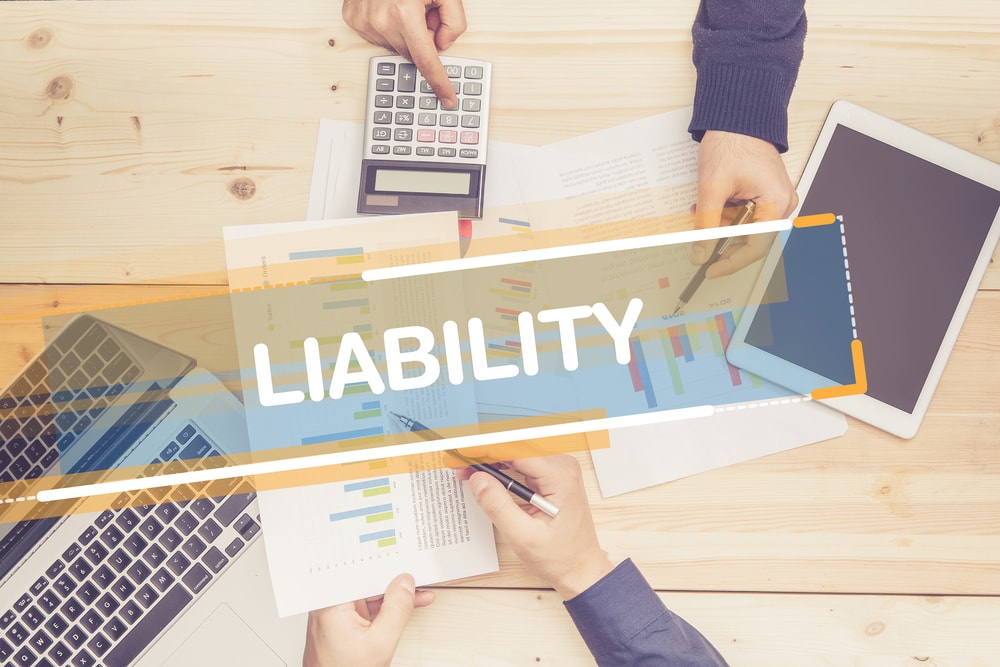The goods and services tax (GST) will reduce compliance burden of taxpayers, rather than increase it, revenue secretary Hasmukh Adhia said on Monday. While taxpayers currently need to maintain separate books for filing returns for various taxes including state-level value-added tax (VAT), excise duty and service tax, GST will require them to keep one book for indirect taxes. The roll-out GST, a comprehensive multi-point tax on value addition, would be either tax neutral for businesses or reduce the tax burden for them, he added.
“With the roll-out of GST, there would be a single tax and accounting for this will be very simple. It can be done through an offline excel form provided by the GST Network (GSTN). If someone uses this form for keeping record of purchase and sales, then he can use this for filing return as well. Thus compliance would be minimised,” Adhia said during an outreach event on Facebook.
Clearing the air on registration of businesses with operations in multiple states, Adhia said that within a state a taxpayer (recognised by his PAN) will have one registration number. However, in the case of supply of products in more than one state, he will have to register in each. Asked whether the GST Council has a timeline for bringing petroleum products, namely crude oil, petrol, diesel and natural gas, under GST (there items are not constitutionally excluded from GST but their inclusion is postponed to a future date), the secretary said that these would not be under the new tax till the GST Council takes a call.
“In future, if states decides then these will come under GST,” he said. Finance minister Arun Jaitley had earlier said the review on inclusion of these items will be undertaken in the first year of GST. Answering a question on software tools to be provided by the government for accounting purposes under GST, the official said that the GSTN has empanelled several entities who taxpayers can avail accounting services from on payment of fee. In addition, the GSTN will make available a free offline tool as excel sheet which will also be available in Java format. A taxpayer only needs to update his invoice details in the provided excel sheets, which automatically gets converted into a return at the end of the month, he added.
The government intends to implement GST from July 1 and the GST Council headed by Jaitley has finalised a four-rate tax structure of 5%, 12%, 18% and 28%. Fitment will be done by adding the total incidence of current taxation (central plus state levies) and then putting the good or service in the tax bracket closest to it.
“With the roll-out of GST, there would be a single tax and accounting for this will be very simple. It can be done through an offline excel form provided by the GST Network (GSTN). If someone uses this form for keeping record of purchase and sales, then he can use this for filing return as well. Thus compliance would be minimised,” Adhia said during an outreach event on Facebook.
Clearing the air on registration of businesses with operations in multiple states, Adhia said that within a state a taxpayer (recognised by his PAN) will have one registration number. However, in the case of supply of products in more than one state, he will have to register in each. Asked whether the GST Council has a timeline for bringing petroleum products, namely crude oil, petrol, diesel and natural gas, under GST (there items are not constitutionally excluded from GST but their inclusion is postponed to a future date), the secretary said that these would not be under the new tax till the GST Council takes a call.
“In future, if states decides then these will come under GST,” he said. Finance minister Arun Jaitley had earlier said the review on inclusion of these items will be undertaken in the first year of GST. Answering a question on software tools to be provided by the government for accounting purposes under GST, the official said that the GSTN has empanelled several entities who taxpayers can avail accounting services from on payment of fee. In addition, the GSTN will make available a free offline tool as excel sheet which will also be available in Java format. A taxpayer only needs to update his invoice details in the provided excel sheets, which automatically gets converted into a return at the end of the month, he added.
The government intends to implement GST from July 1 and the GST Council headed by Jaitley has finalised a four-rate tax structure of 5%, 12%, 18% and 28%. Fitment will be done by adding the total incidence of current taxation (central plus state levies) and then putting the good or service in the tax bracket closest to it.
Source : The Financial Express

